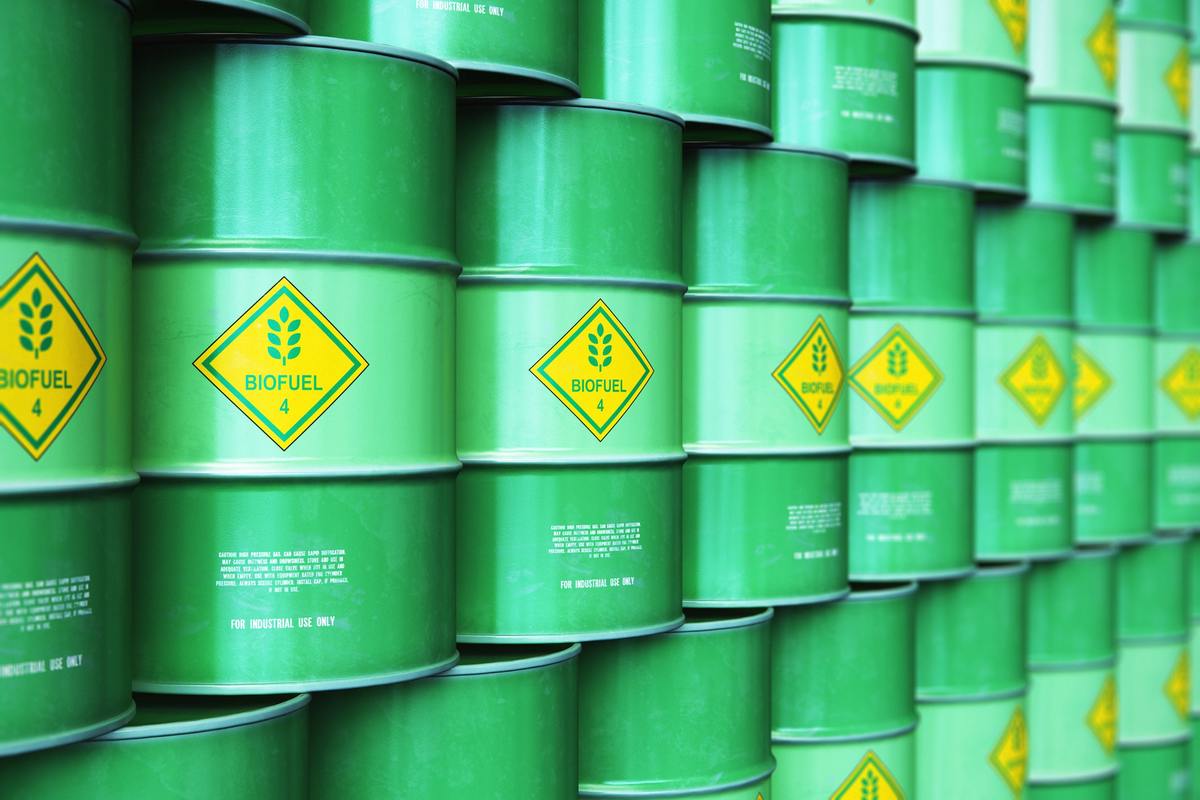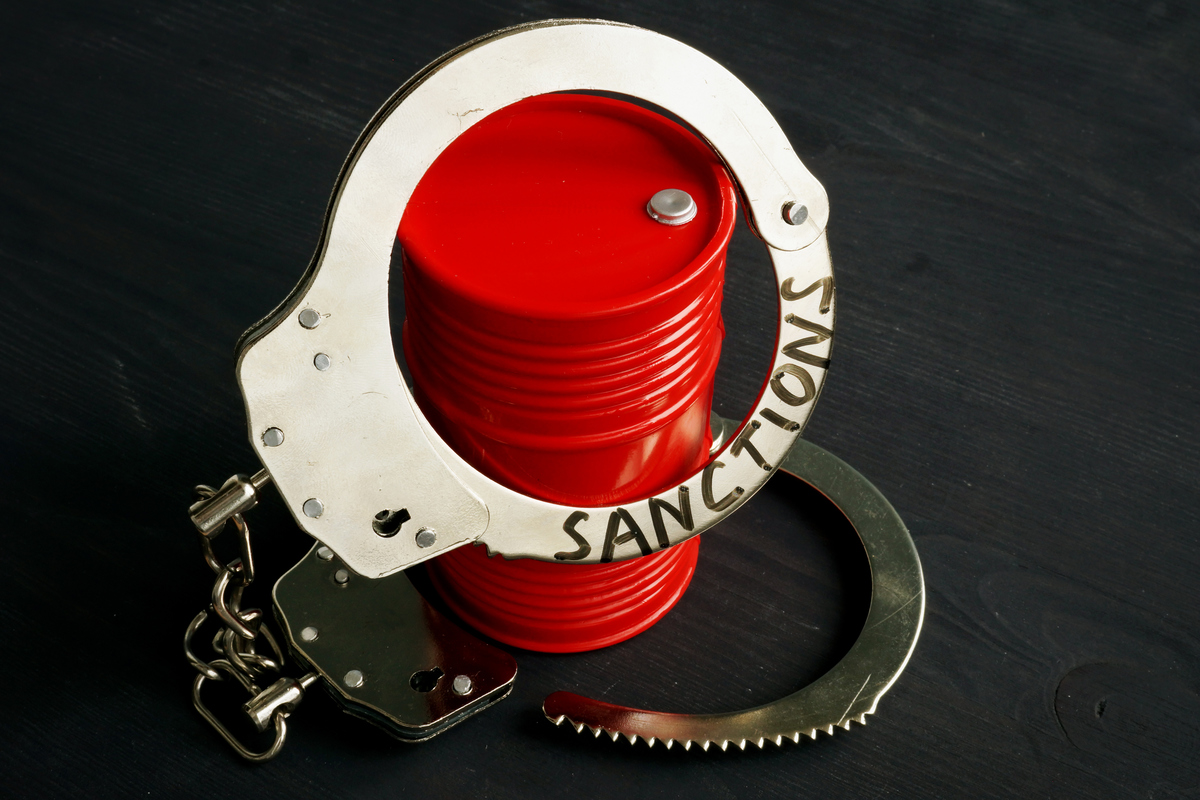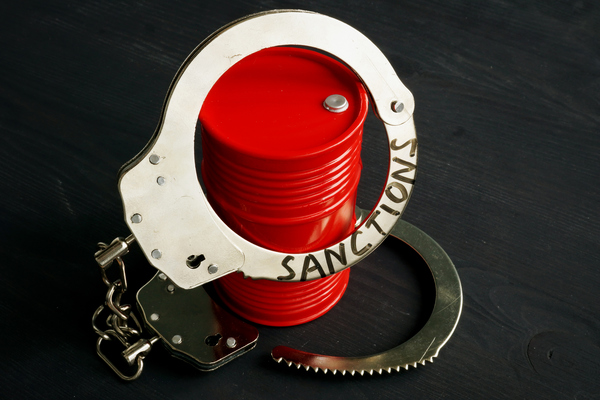Rotterdam marine biofuel prices soar with Dutch rebalancing towards road fuels
Rotterdam's B20-VLSFO and B30-VLSFO bunker prices have increased by around $50-74/mt over the past week after the Dutch government cut support.
 PHOTO: Stack of biofuel drums. Getty Images
PHOTO: Stack of biofuel drums. Getty Images
A change in Dutch emissions policy has meant that physical bunker suppliers selling sustainable marine biofuel grades to ships will only get half as much support from Dutch authorities.
Suppliers will now get around $50/mt for advanced B20-VLSFO (20% biofuel, 80% VLSFO) sold and $80/mt for advanced B30-VLSFO, as the Dutch government has halved the rebate multiplier for marine biofuel sales from 0.80 to 0.40.
Advanced B20 and B30 rebates were around $100/mt and $160/mt, respectively, before the policy change came into effect from 1 January 2024.
The outright price for advanced B30-VLSFO has shot up to beyond $700/mt now, from around $630/mt a week ago.
Less of a price edge
Dutch biofuel blends have also become significantly more expensive compared to conventional oil-based fuels. The multiplier reduction has contributed to increase Rotterdam’s price premiums for advanced B20-VLSFO and B30-VLSFO over VLSFO to $120-170/mt over the past week, from around $30-50/mt.
The widening biofuel blend premiums have come even as the price of the biofuel component has fallen by $27/mt and outpaced the $8/mt fall in VLSFO.
Dutch marine biofuels have also lost some of their price edges over Singapore. Rotterdam's B24-VLSFO discount to Singapore's B24-VLSFO has narrowed from $225/mt on 27 December, to $155/mt now.
The Dutch rebate market mechanism had made sure that LSMGO was actually often priced higher than rebated B20-LSMGO and B30-LSMGO blends in Rotterdam until recently.
These B20-LSMGO and B30-LSMGO blends are now firmly more expensive than pure, conventional LSMGO. The price of B30-LSMGO has surged $130/mt above that of LSMGO.
The Dutch system
The multiplier forms part of a market mechanism to boost sales of renewables and cut emissions. Bunker suppliers can obtain tradeable renewable energy units (HBEs) by selling renewable energy such as biofuel to ships. 1 gigajoule (GJ) of energy equals 1 HBE.
Advanced biofuels made from feedstocks listed in Part A of Annex IX in the EU's Renewable Energy Directive (RED II) still qualify four double counting, so the rebate multiplier for these is 0.80 (down from 1.60 before 1 January).
According to Dutch biofuel bunker supplier GoodFuels, the reduction was adopted to "rebalance" renewable fuel supply from marine to road transport.
Biofuel supply to the road fuels market has suffered as a result of differences in prices and fuel quality between biofuels for road and marine, Jaap Steensma explained to ENGINE in September. He is the general press officer at the Dutch Ministry of Infrastructure and Water Management.
This market mechanism contributed to pull biofuel supply away from the road fuels market towards bunkering.
A rebalancing was due, with a new bunker fuel multiplier to address it, Steensma said, referring to the reasoning behind the government’s change of policy.
By Konica Bhatt
Please get in touch with comments or additional info to news@engine.online






